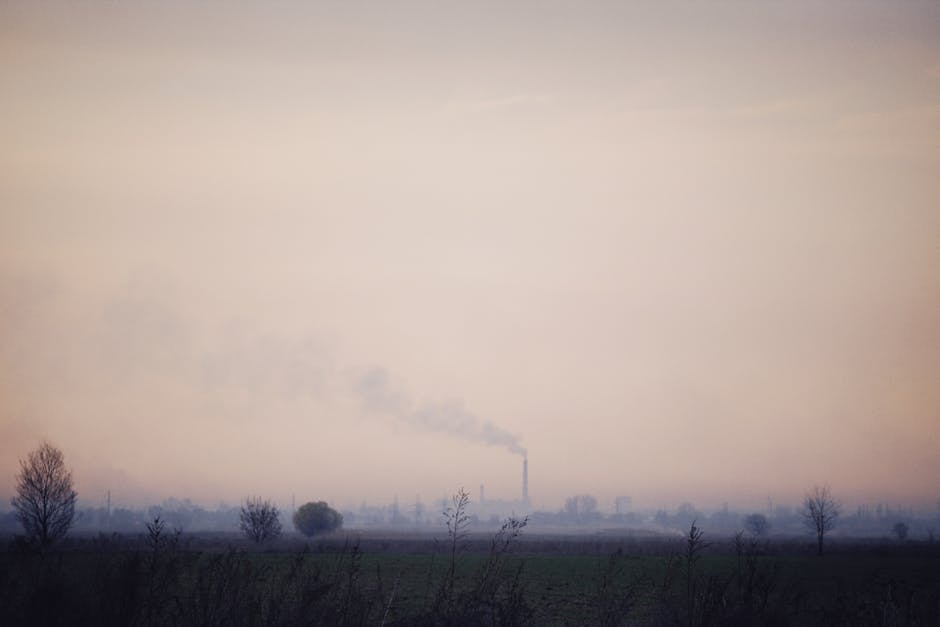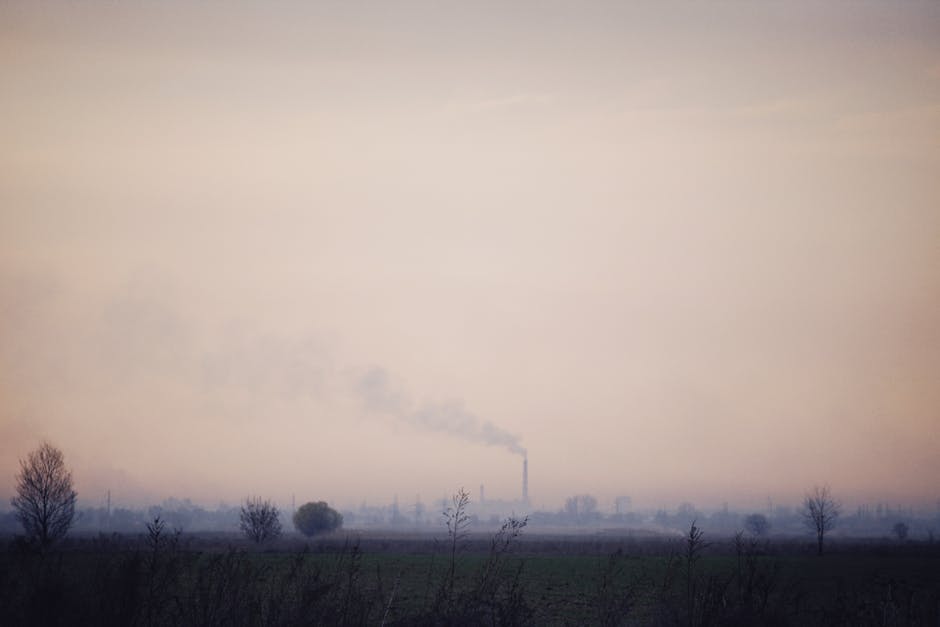Air Quality in Kurla, Mumbai: AQI Reaches 155
Kurla, a bustling suburban hub in Mumbai, is currently grappling with poor air quality, as the Air Quality Index (AQI) has surged to 155. This places the area in the “unhealthy” category, raising concerns among residents, health experts, and environmentalists. The spike in pollution levels is attributed to vehicular emissions, construction activities, industrial pollution, and unfavorable weather conditions.
Understanding the AQI Scale
The AQI is a tool used to measure and communicate air pollution levels. An AQI of 155 indicates that the air is unhealthy, posing risks to the general population and severe impacts on sensitive groups like children, the elderly, and individuals with respiratory or cardiovascular conditions. Key pollutants driving this spike include particulate matter (PM2.5 and PM10), nitrogen dioxide (NO2), and carbon monoxide (CO).
Causes of Poor Air Quality in Kurla
- Vehicular Emissions: Kurla’s heavy traffic, including cars, buses, and two-wheelers, significantly contributes to air pollution, especially from diesel-powered vehicles.
- Construction Activities: Rapid urbanization has led to increased dust and emissions from construction sites and machinery.
- Industrial Pollution: Small and medium-scale industries in Kurla release harmful pollutants, worsening air quality.
- Weather Conditions: Low wind speeds and high humidity trap pollutants, preventing their dispersal.
Health Risks of Unhealthy AQI
Exposure to an AQI of 155 can cause immediate health issues like coughing, throat irritation, and breathing difficulties. Long-term exposure may lead to chronic respiratory diseases, cardiovascular problems, and even lung cancer. Vulnerable groups are at higher risk, with local doctors reporting a rise in respiratory-related complaints.
Government and Civic Response
The Brihanmumbai Municipal Corporation (BMC) has issued advisories urging residents to wear masks and limit outdoor activities during peak pollution hours. The Maharashtra Pollution Control Board (MPCB) has intensified monitoring efforts. However, activists call for stricter enforcement of pollution norms, promoting public transport, and penalizing violators.
What Can Residents Do?
Residents can take proactive steps to mitigate the impact of poor air quality:
– Use public transport or carpool to reduce emissions.
– Avoid burning waste or using firewood.
– Plant trees and maintain green spaces.
– Monitor AQI levels and limit outdoor activities when pollution is high.
The Road Ahead
The AQI of 155 in Kurla highlights the urgent need for long-term solutions. Sustainable urban planning, stricter emission norms, and cleaner energy sources are essential to ensure a healthier future for Mumbai. The city’s ability to tackle air pollution will determine whether its residents can breathe easier in the years to come.




